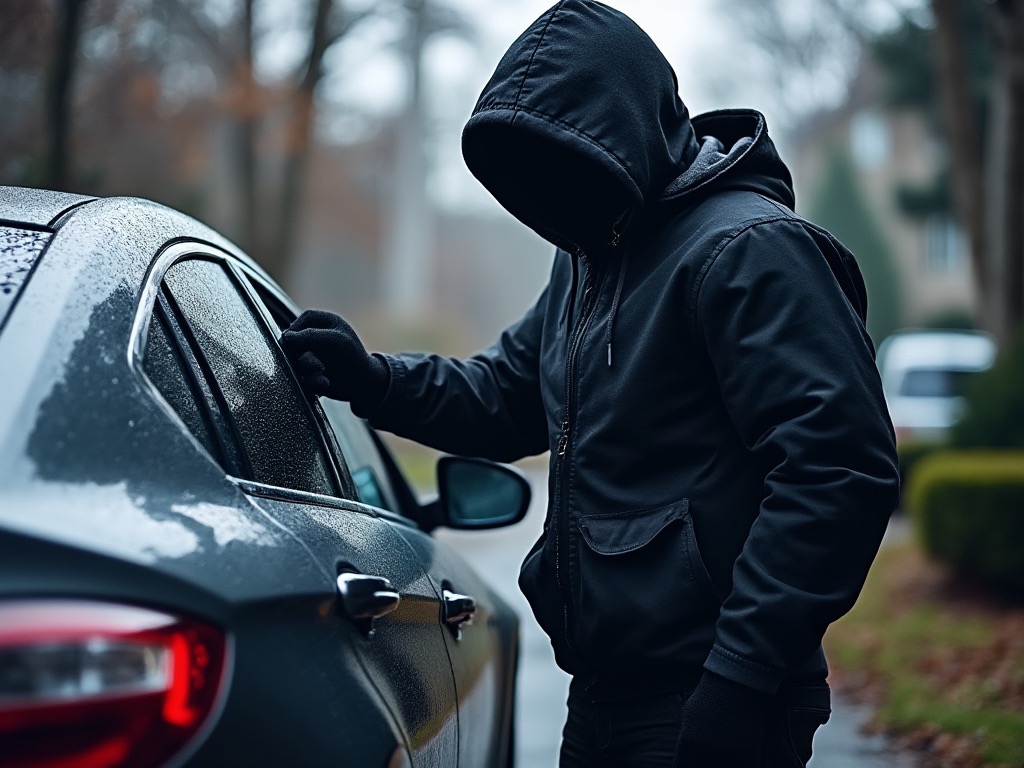Reducing Crime is Easier Than You Think!
Neighborhood Collaboration:
- Get to know your neighbors. A tight-knit community can deter crime because people are more likely to look out for each other and notice strangers or unusual activities.
- Consider starting or joining a neighborhood watch program. These programs encourage residents to be proactive in watching out for suspicious activities and reporting them to the police.
Home Security Measures:
- Locks and Doors: Ensure all doors and windows have sturdy locks. Deadbolt locks are recommended for external doors.
- Lighting: Install good lighting, especially motion-sensor lights, around your property to deter potential intruders who prefer the cover of darkness.
- Security Systems: Invest in a home security system. Even basic systems can deter burglars, and advanced systems can alert police directly.
- Cameras: Visible security cameras can act as a deterrent, but ensure they are not easily tampered with or disabled.
Environmental Design:
- Use natural surveillance by keeping shrubs trimmed so they don’t provide hiding spots, and ensure your home’s entrances are visible from the street and neighboring houses.
- Fencing can be both a physical and psychological barrier. However, ensure it doesn’t provide too much privacy for criminals to operate unseen.
Behavioral Adjustments:
- Always lock doors and windows when leaving home, even for short periods.
- Use timers for lights, radios, or TVs to give the impression that someone is home when you’re away.
- Avoid advertising big purchases or vacations on social media which might signal that your home is empty or filled with new items.
Engage with Local Law Enforcement:
- Have regular interactions with local police through community programs or meetings. They can provide insights into crime trends in your area and offer personalized advice.
- Police might also offer services like home security checks where they assess your home’s vulnerability to crime.
Community Involvement and Events:
- Participate in or organize community events. A community that interacts frequently is less appealing to criminals because of the increased risk of being noticed.
- Youth engagement programs can prevent younger community members from turning to crime by providing them with positive activities and role models.
Educate and Communicate:
- Share crime prevention tips with neighbors through community boards, social media groups, or newsletters.
- Keep informed about local crime to stay proactive rather than reactive.
Personal Safety:
- When at home or going out, be aware of your surroundings. Avoid displaying expensive items in a way that could tempt thieves.
- If you notice something or someone suspicious, report it to the authorities.
- Remember, while these tips can reduce the likelihood of becoming a victim of crime, no strategy is foolproof. However, combining these efforts with a community approach significantly enhances neighborhood security.
Dayton.com




